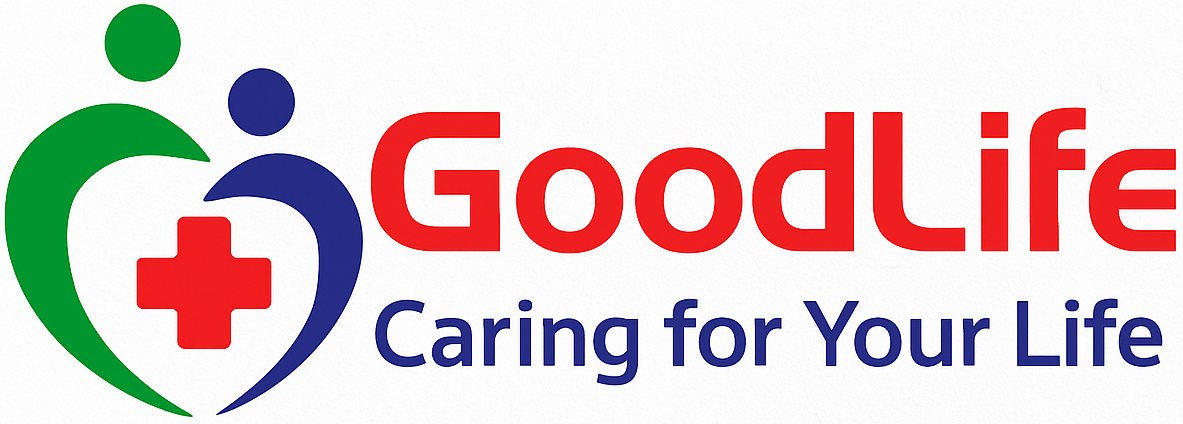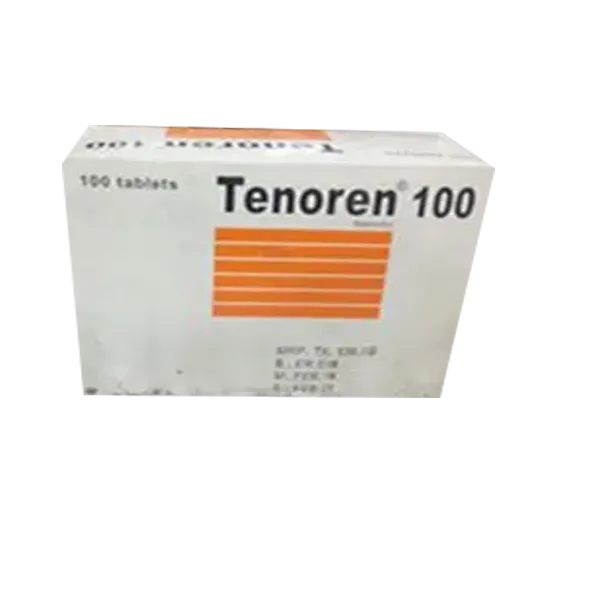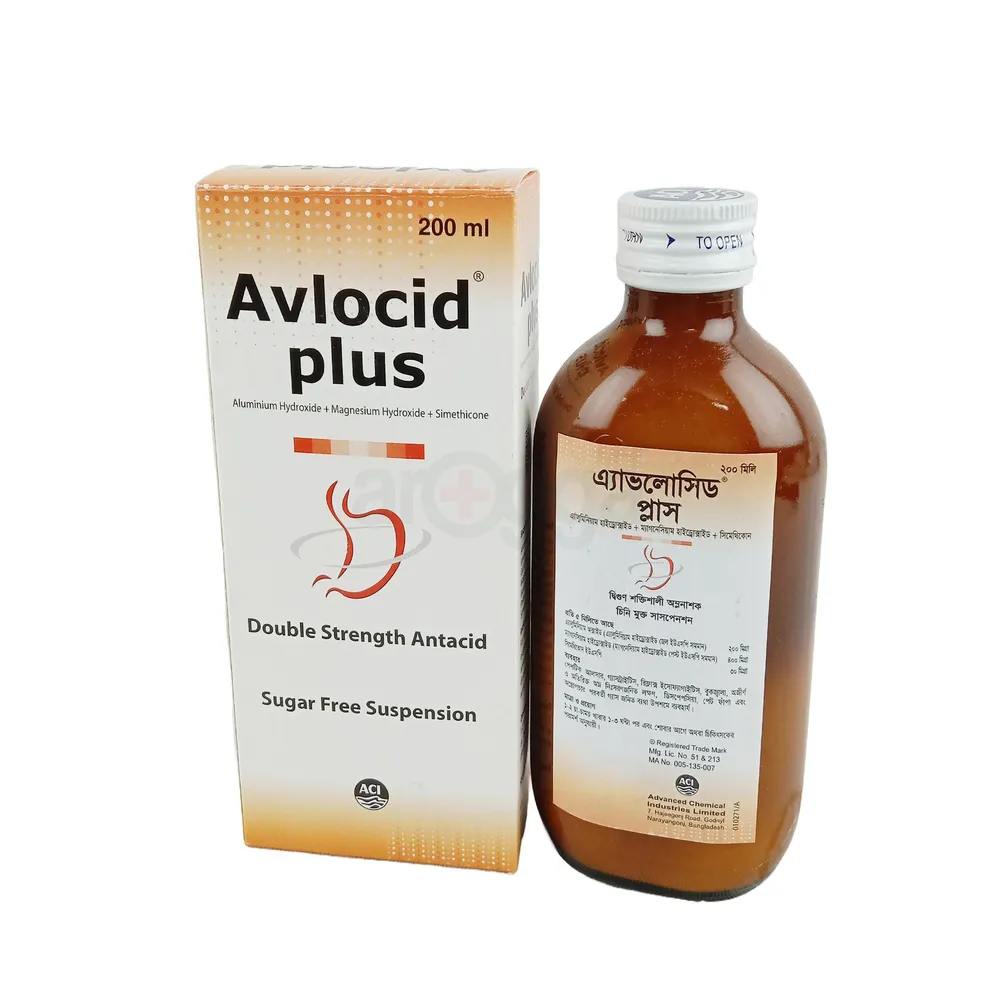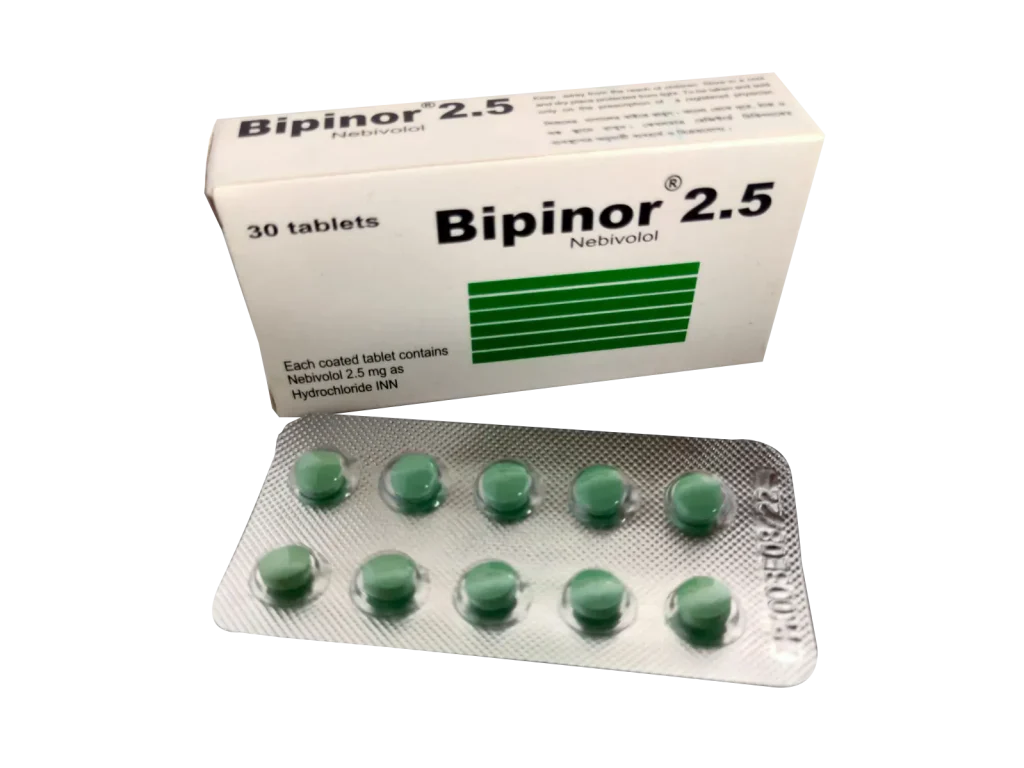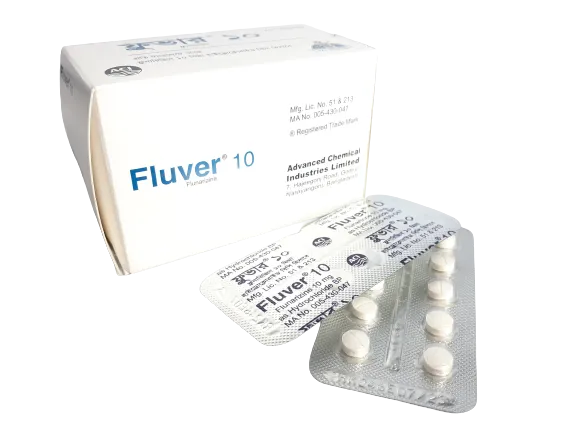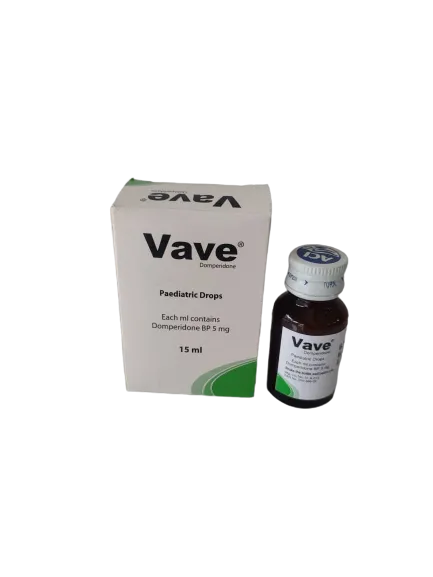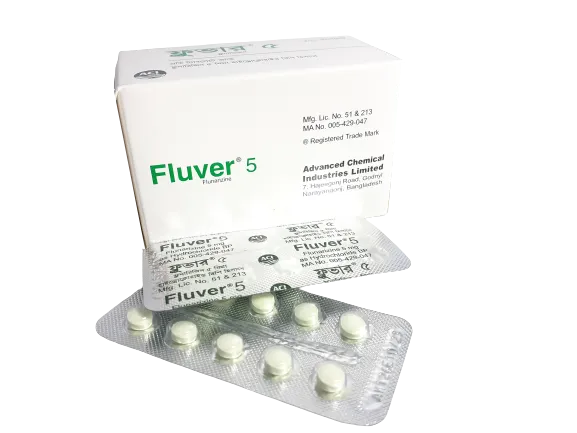
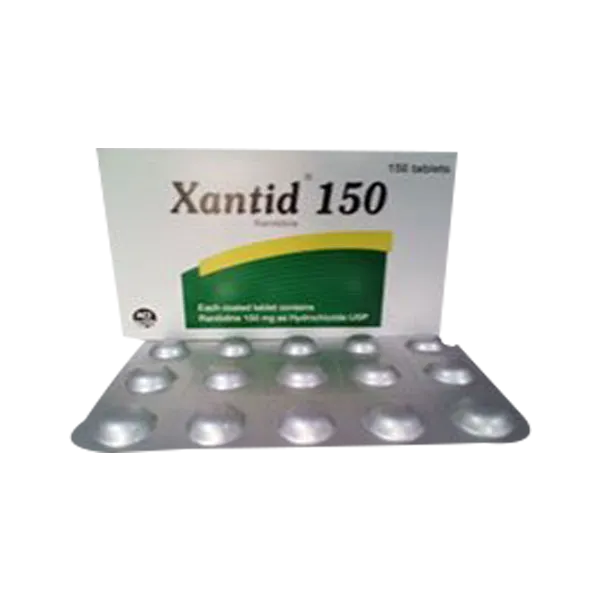
Tenoren 100
14৳ Original price was: 14৳ .12৳ Current price is: 12৳ .
Description
Medicine Overview of Tenoren 100mg Tablet
Tenoren 100 belongs to a group of medicines called beta-blockers. It is used to treat high blood pressure (hypertension), angina (heart-related chest pain), irregular heart rhythms (arrhythmia). It also helps to prevent future heart attacks and stroke and to prevent migraine.
Tenoren 100 is also used to relieve the symptoms caused by an overactive thyroid gland. It may be prescribed alone or together with other medications. The dose and frequency depend on what you are taking it for and the severity of your condition. It may be taken empty stomach or with a meal, but take it regularly at the same time each day to get the most benefit. It may take several weeks before you get the full benefit of this medicine and you may need to take it for the rest of your life. However, it is important to continue taking it even if you feel well. Most people with high blood pressure do not feel ill and if you stop taking it, your condition may worsen.
The main side effects of this medicine are fatigue, slow heart rate, feeling dizzy, diarrhea, and nausea. These are usually mild and short-lived. It may also cause shortness of breath or low blood pressure in some people. To reduce the risk of side effects your doctor will probably start the medicine at a low dose and gradually increase it. Consult your doctor if the side effects bother you or do not go away.
Before taking it, let your doctor know if you have any liver problems. It may also not be suitable for people who have a slow heart rate, severe circulation problems, severe heart failure, or low blood pressure. Pregnant or breastfeeding mothers should also consult their doctor before taking it. You must talk to your doctor to find out whether this medicine is suitable for you to use. You should have your blood pressure checked regularly to make sure that this medicine is working properly. Avoid drinking alcohol as it may increase certain side effects.
Show less
- Hypertension (high blood pressure)
- Angina (heart-related chest pain)
- Arrhythmia
- Heart attack
- Cold extremities
- Fatigue
- Slow heart rate
- Nausea
- Diarrhea
-
It may cause dizziness. If this happens to you, get up slowly when rising from a sitting or lying position.
-
It can hide symptoms of low blood sugar if you are diabetic. Monitor your blood sugar levels regularly.
-
Do not stop taking Tenoren 100 suddenly as it can cause your blood pressure to rise suddenly, thereby increasing the risk of heart attack and stroke.
Adult
Hypertension
25-50 mg/day PO initially; may be increased to 100 mg/day PO
Angina Pectoris
50 mg/day PO; after 1 week, may be increased to 100 mg/day PO; some patients may require 200 mg/day
Post Myocardial Infarction
Secondary prevention
100 mg PO once daily or divided q12hr for 6-9 days after myocardial infarction (MI)
Elderly
May be necessary to initiate dosing at 25 mg/day PO
Hypertension
25 mg/day PO initially; may be increased to 100 mg/day PO
Angina Pectoris
25 mg/day PO; after 1 week, may be increased to 100 mg/day; some patients may require 200 mg/day
Post Myocardial Infarction
Secondary prevention
100 mg PO once daily or divided q12hr for 6-9 days after MI
Show less
Concomitant admin w/ reserpine may increase hypotension and bradycardia. Additive w/ Ca channel blockers, hydralazine, methyldopa. Increased risk of bradycardia and heart block w/ verapamil and diltiazem. May decrease hypotensive effects w/ NSAIDs (e.g. indometacin). Enhanced bradycardic effect w/ disopyramide, amiodarone or digitalis glycosides. May exacerbate rebound HTN upon discontinuance of clonidine treatment.
Show less
Compensated heart failure. Variant angina, acute MI, DM; peripheral vascular disorders; hepatic and renal dysfunction; elderly patients, children. Lactation. If atenolol and clonidine are co-admin, then gradual withdrawal of clonidine should take place a few days after withdrawal of atenolol.
Lactation: Drug enters breast milk; neonates born to mothers who are receiving atenolol at parturition or breastfeeding may be at risk for hypoglycemia and bradycardia; use with caution
Show less
Renal impairment:
CrCl (ml/min)
<15 25 mg or 50 mg on alternate days.
15-35 50 mg/day.
Dialysis patients 25-50 mg after each dialysis.
Show less
>10%
Tiredness (13%)
1-10%
Hypotension (10%),Bradycardia (8%),Cold extremities (0.5- 7%),Postural hypotension (2-4%),Depression (3%),Nausea (2-3%),Dreaming (2%),Drowsiness (2%),Diarrhea (1-2%),Fatigue (1-2%),Leg pain (1-2%),Lethargy (1-2%),Lightheadedness (1-2%),Vertigo (1-2%),Dyspnea (0.4-2%),2°/3° atrioventricular (AV) block (1%)
Frequency Not Defined
Hypotension, severe congestive heart failure (CHF), sick sinus syndrome, Catatonia, disorientation, emotional lability, hallucinations, headache, impaired performance on neuropsychometric tests, psychoses, short-term memory impairment, Purpura, rashes,Nausea, Thrombocytopenia, Elevated serum hepatic enzymes and bilirubin, Impotence, Peyronie disease, Antinuclear antibodies (ANA), lupus syndrome, Visual disturbances, xerophthalmia, Raynaud phenomenon
Potentially Fatal: Heart failure, 2nd or 3rd degree AV block.
Show less
Hypersensitivity. Sinus bradycardia, sinus node dysfunction, heart block >1st degree, compensated cardiac failure, cardiogenic shock, bronchospastic diseases, peripheral vascular diseases. Pregnancy.
Show less
